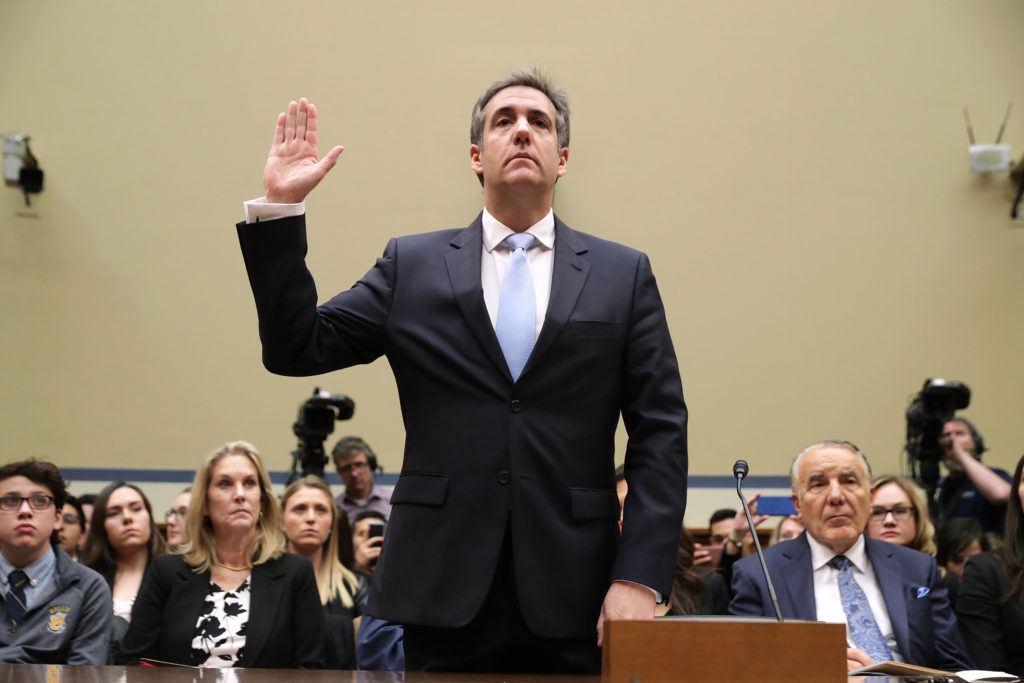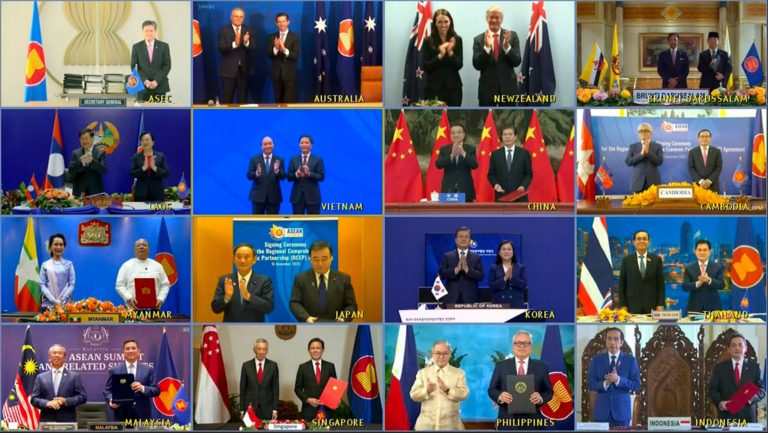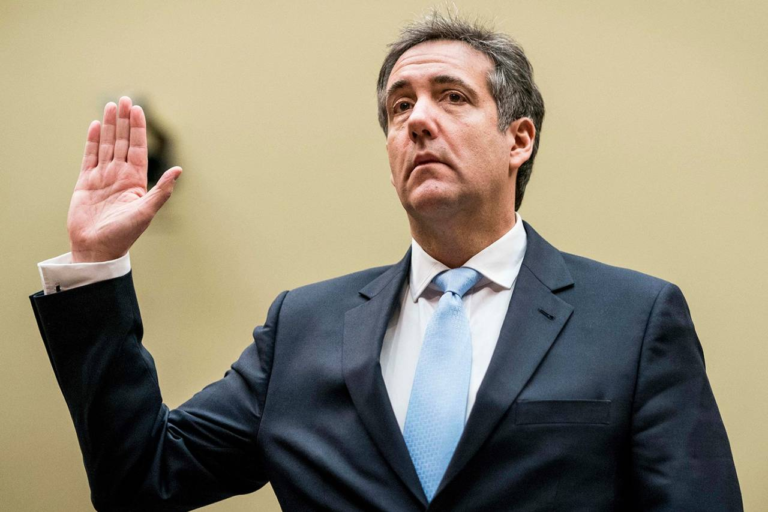
It should be made perfectly clear to all, from those in the capital, to those in the most remote places of our nation that this age is not the age of Donald J. Trump. Sure, I concede that the man holding office and who sits behind the Resolute Desk is out of the ordinary, perhaps even troublingly momentous– but he is a product of the system, not the catalyst of an American apocalypse. He is not the most pressing problem on our plates, and he is not the possible end to American Morality or of political efficacy. The most damaging dilemma we as Americans face is the same one that we have had for decades: the misunderstanding of what it means to be fellow Americans.
It will be easy to discredit my thoughts as someone romanticizing this commonality of citizenship, that I am trying to tie my readers who might find themselves on different sides of the aisle with loose unity and false patriotism. In fact, it could be seen as me trying to deflect criticism away from the current administration by not calling for a political revolution against it– but this is not the case. Scandals, political corruption, and fleeting virtues have been as a part of the American political establishment as have the Democrats and the Republicans. Often, I hear others discuss a rather fictional era of “political chivalry and dignity” with an almost emotional nostalgia. As much as I wish this was a reality, let us not forget that the political climate of the 19th and 20th centuries were anything but honest. It has been 45 years since President Nixon resigned from office due to the Watergate Scandal, 32 years since the Iran-Contra affair during President Reagan’s time in office, and only 21 years since President Clinton’s implication with Monica Lewinsky came to everyone’s attention, after which he continued to lie about the affair. Remembering our faults– our leaders’ faults– helps us to see that perhaps Trump and his administration’s wrongdoings are not the problem, but that he is the result of our negligence. To be sure, our leaders are in no way outside of receiving blame. However, our tolerance and acceptance of years of subpar politics has led to subpar politicians.
This corruption-attracting, scandal-ridden kind of politics has sprouted from an obvious, albeit inevitable, source: self-interest. Each and every one of us, including political leaders, have self-interests, which we naturally want to pursue. Our endeavor is to meet them, and to a point they cannot be escaped. Government, at times then, seems to be an antagonistic force to the citizenry and its desires. This is especially true in American governance; while we vote for our representatives, their actions are not at all times compliant with our wishes. Of course, for representatives to be able to govern effectively, they must act independently from the people in order to make informed, educated decisions. But these decisions should always be made with the best interests of society at large, and not with the representative’s personal self-interest (to aggrandize their own wealth for example). Problems fester when our representatives solely try to amount more wealth and status instead of leading their constituents honestly.
Donald Trump is a perfect example of someone who has used the political process to get richer and more famous. Many who deny this claim point out to the ‘downgrade’ in his standard of living– his penthouse in Manhattan is, by most accounts, tremendously more lavish than the White House. But as we saw this week during Michael Cohen’s testimony in front of the House Oversight Committee, Cohen’s claims show us that even Trump has something to gain from the political arena, claiming that the president continued to lie because he “never expected to win [the presidential election] and stood to win hundreds of millions of dollars.” Numerous times during the testimony, Trump was painted as a man who used the electoral process and the office of the presidency as a tool for personal gain. He, then, is not an outsider after all, but a politician. Perhaps a politician that isn’t as good as hiding his crusade for enrichment as his predecessors were, but a politician nonetheless.

This problem of our representatives using political prestige for the pursuit of affluence exacerbates an even bigger problem: the antagonizing of the other side. We are all caught up, as Democrats and Republicans, in claiming the moral high ground over the other in order to ultimately prove the utility of a certain ideology. When faced with politicians that act for their own betterment, we are left with picking up the pieces of a corrupt political arena and trying to pass by with a meagerly semblance of superiority over the other. Once we have a Lewinsky scandal pitted against a Watergate, or perhaps more recently the Virginian Democratic leadership pitted against North Carolina’s 9th District electoral scandal, we start to lose sight of the ultimate lesson: that we deserve better from not only the other side of the aisle, but of our own as well. Any scandal is non-partisan, and it should not be excused regardless of our political affiliation because it is not just a failure of one party, it is a failure of our nation.
I find when facing times of incredible political disappointment, that it helps to think back on a former teacher’s words: “No matter how much we hate the other side, the majority of them are only doing what is best for theirs and for yours.” Contrary to the assertions of the media and what we hear from impassioned and aggravated individuals, the majority of Americans truly are patriotic, striving to achieve the best for the nation as a whole. Let us not be fooled, the other side does not want to destroy the other. In order to combat political corruption and the problems it comes with it, we need to see that our self-interests lie together in the hope of a government that works for us all. The solutions to all of our problems do not reside in solely the left or the right, but it will take everyone from all walks of life to help find them. There will be more Donald Trumps, but there will surely be more Lincolns as well. Let us not be fooled, we are all Americans.
René Castellanos
René, a contributing writer at “In the Zeitgeist,” is a second-year student at NYU majoring in Politics and Mathematics and is originally from Eden, North Carolina. Coming from a Honduran-Ecuadorian family, René’s interest in politics sprouted from growing up in an environment without many of the same culture, prompting him to start thinking on ways it can help bring people together rather than create divisions. After being an intern on Dawn Small’s campaign for Public Advocate, René hopes to pursue a career in politics in his home state. His hobbies include photography, guitar playing, as well as writing.



